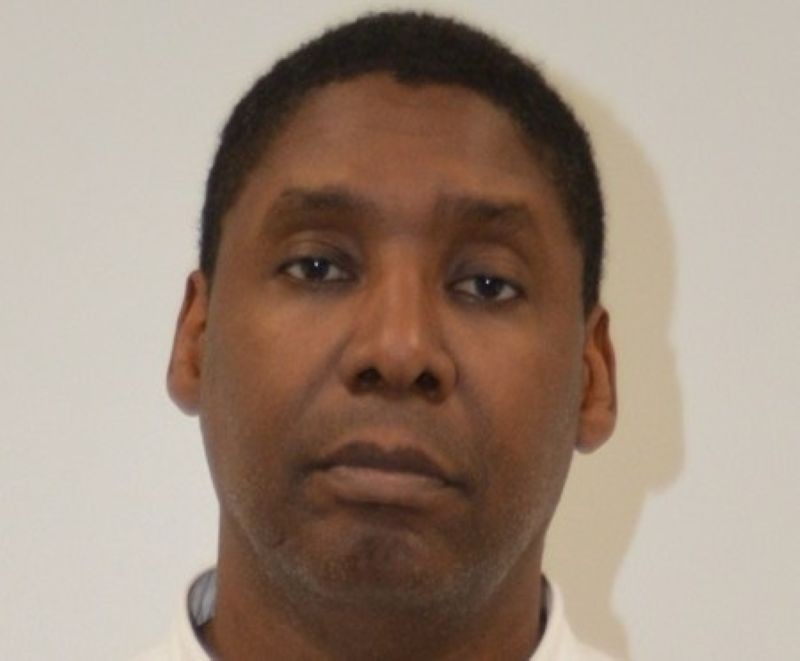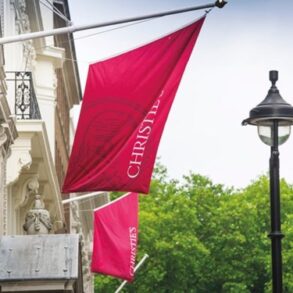
An art expert has been jailed in the UK for two years and six months after he failed to report a series of high-value sales to a man suspected of financing the proscribed group Hezbollah.
The jailed person was identified as Oghenochuko Ojiri.
According to reports, he sold artwork worth almost £140,000 ($ 185,000) to suspected Hezbollah financier Nazem Ahmad, who is based in Beirut and was sanctioned by the United States in 2019 and the UK in 2023.
As the owner and operator of Ramp Gallery, latterly named the Ojiri Gallery, in London, Ojiri engaged in discussions with Ahmad about art purchases between 24 October 2020 to 18 December 2021, reported Crown Prosecution Service.
During that time, eight purchases were completed and the paperwork recovered showed that in certain instances, the names inserted on the invoices were names other than Ahmad’s – despite the sale being conducted for and on his behalf.
On 10 January 2020, regulations were amended which made art market participants subject to the terrorist financing money laundering regulations and brought them into the regulated sector. Guidance was produced, approved by HM Treasury, in relation to this change in the law as it applied to the art market.
Following the seizure of Ojiri’s mobile phone, WhatsApp messages were recovered from 31 January 2020 which showed Ojiri discussing the new money laundering regulations with a colleague.
Analysis of Ojiri’s mobile phone
Analysis of messages and web history on Ojiri’s mobile phone also showed that he was aware of the financial sanctions by the United States Department of the Treasury against Ahmad due to his suspected involvement in being a high-level financier of Hezbollah.
Further messages and emails showed Ojiri in contact with Mr Ahmad discussing the purchase/sale of artwork.
“Ojiri also had Ahmad saved as a different name in his mobile phone and invoices relating to the sales of works of art were placed by Ojiri into the names of other individuals despite him dealing directly with Mr Ahmad,” the statement said.
Ojiri apologises for his actions
In police interview, Ojiri apologised for his actions but denied that money or greed were the motivating factors behind dealing with Ahmed, claiming it was the excitement and kudos of dealing with a ‘name’ in the art collecting world.
On 9 May 2025 at Westminster Magistrates’ Court, Ojiri pleaded guilty to eight offences of failing to disclose information during the course of business in the regulated sector when knowing, suspecting or having reasonable grounds for suspecting that another person has committed or attempted to commit an offence under Sections 15-18 of the Terrorism Act 2000, contrary to Section 21A of the Terrorism Act 2000.
At the Central Criminal Court today, he was sentenced to two years and six months’ imprisonment.
The prosecution, believed to be the first of its kind, followed an investigation by the National Terrorist Financial Investigation Unit (NTFIU), which is part of the Metropolitan Police’s Counter Terrorism Command, alongside the Office of Financial Sanctions Implementation (OFSI) in HM Treasury, HMRC, and the Met’s Arts and Antiques Unit.
Bethan David, Head of the CPS Counter Terrorism Division, said: “It is clear that Oghenochuko Ojiri was aware of new money laundering regulations in the art world and that he had knowledge of Nazem Ahmad’s background.”
This post was originally published on this site be sure to check out more of their content





